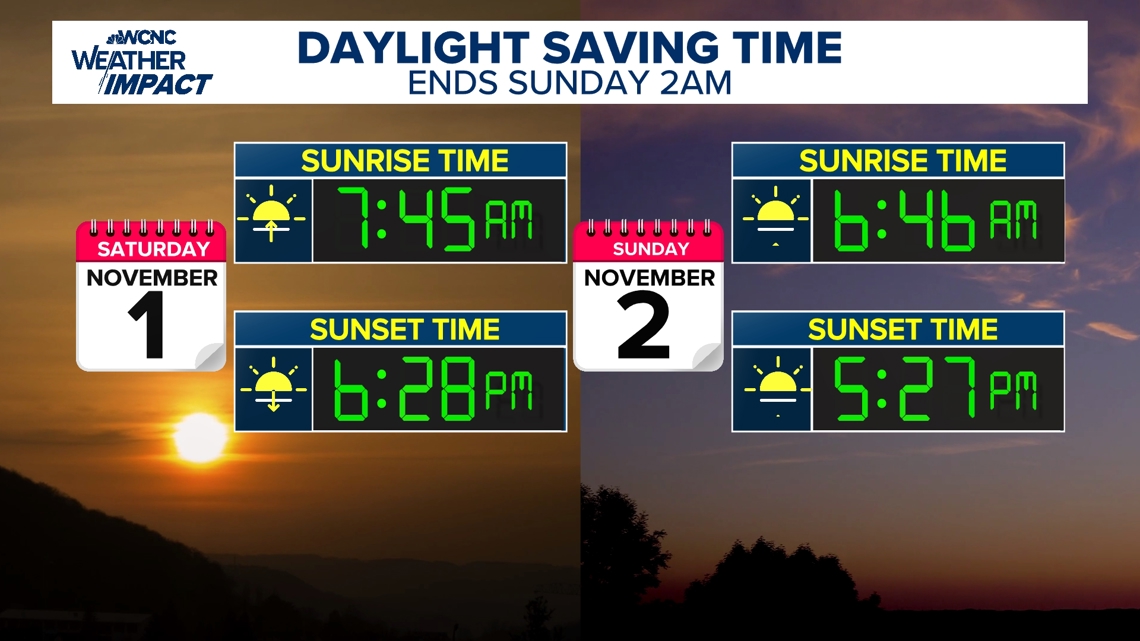- Total News Sources
- 2
- Left
- 1
- Center
- 0
- Right
- 0
- Unrated
- 1
- Last Updated
- 110 days ago
- Bias Distribution
- 100% Left


Most US States End Daylight Saving Time Nov. 2
Thousands attended an annual beach party at Coast Guard Park before the Georgia-Florida game Friday, with law enforcement estimating roughly 8,000–9,000 attendees. Most of the United States will end Daylight Saving Time on Sunday, Nov. 2, 2025, when clocks fall back one hour, shifting sunrise and sunset times earlier without changing total daylight. For example, Seattle's sunset will shift from 5:53 p.m. to about 4:51 p.m. on Sunday (falling to roughly 4:22 p.m. later in November); Arizona and Hawaii do not observe DST. Researchers — including Stanford scientists — warn the twice-yearly switches disrupt circadian rhythms and organ and immune systems, and studies link the shifts to spikes in heart attacks and workplace injuries. Energy savings from permanent clock changes appear small (about 0.5% in a DOE estimate), public opinion largely opposes the current system, and federal law would have to change for states to adopt permanent DST. Officials are reminding people to set clocks back before bed (or upon waking), get morning sunlight to help reset their body clocks, and replace smoke and carbon monoxide detector batteries.

- Total News Sources
- 2
- Left
- 1
- Center
- 0
- Right
- 0
- Unrated
- 1
- Last Updated
- 110 days ago
- Bias Distribution
- 100% Left
Stay in the know
Get the latest news, exclusive insights, and curated content delivered straight to your inbox.

Gift Subscriptions
The perfect gift for understanding
news from all angles.
